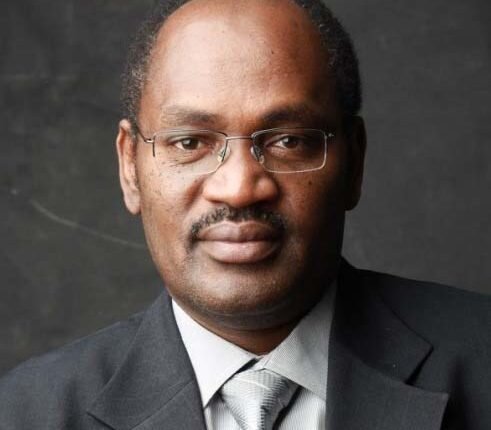Two Events at the End of 2024 Will Re-shap Our World

By Ramadan Ahmed
The end of 2024 witnessed two significant events that are poised to shape 2025 and the years beyond, potentially bringing about a transformative shift in global dynamics: Donald Trump’s re-election and the success of the Syrian revolution in toppling the Assad regime.
The Significance of Trump’s Victory
Trump’s victory challenges one of the core pillars of the Western system of Modernity: the concept of absolute freedoms, particularly as it manifests in social liberalism and the normalisation of practices such as same-sex relationships and LGBTi, championed by neoliberalism.
While Western societies have grown increasingly uneasy with the moral decay attributed to unrestricted freedoms, few dare to oppose this trajectory for fear of backlash from aggressive LGBT advocacy groups. Trump’s stance as a world leader opposing this moral decadence is unprecedented. His promises to combat policies endorsing a “third gender,” hold doctors accountable for gender transition surgeries, and deny healthcare to transgender individuals represent a dramatic break from the traditional Western order.
Trump also opposes the imposition of Western culture on other societies, a key tool of neoliberalism used to enforce cultural imperialism. By rejecting this imposition, he signals a potential reduction in U.S. cultural dominance over other nations, opening the door to changes reflecting the popular will in the Arab world. For example, Trump once remarked that Afghan women had worn the niqab (face cover) for centuries, stating, “Who are we to force them to change?” He even argued that the niqab is preferable for women as it saves time otherwise spent on makeup, humorously adding that he would prefer it himself if he were a woman.
Trump’s victory bolsters the position of nations that have resisted global campaigns to normalise same-sex relationships and LGBT. With Trump’s support, anti-LGBTQ voices will grow louder, and the U.S. will champion this stance under his leadership. This is no trivial matter. Having observed international conferences firsthand, I can attest to the relentless pressure from advocacy groups to change educational curricula to accommodate LGBT and legalise same-sex marriages. These pressures often escalate to the level of the United Nations. Trump’s win, therefore, strikes a decisive blow against the sexual revolution that has swept through Western societies under the aegis of neoliberalism and paves the way for cooperation with conservative nations in the world.
The Significance of the Syrian Revolution’s Success
The success of the Syrian revolution is monumental as it represents a grassroots-driven transformation akin to Turkey’s gradual shift.
The primary difference lies in the process. Turkey’s transformation under Erdoğan was gradual; he dismantled the deep state incrementally, culminating in the failed coup attempt of 15 July 2016, which enabled him to uproot the deep state with overwhelming popular support. The Turkish people then embraced the change, realising its profound impact on their lives.
In contrast, the Syrian revolution’s success came through a complete and unexpected collapse of the Assad regime, which had lost all its sources of power. The shared element in both transformations is their popular ownership, making it nearly impossible for the deep state to return, as the people themselves safeguard the change.
The Syrian revolution’s success mirrors the popular-driven Turkish experience, signifying that genuine transformation, when owned by the populace, ensures the deep state cannot re-emerge.
These two events at the end of 2024—Trump’s re-election and the Syrian revolution’s triumph—represent not just isolated occurrences but a profound shift in global power dynamics, societal norms, and regional sovereignty, with long-term implications that will continue to unfold.
Should Syria’s transformation succeed in establishing a state built on institutions and the rule of law, similar to Turkey’s model, the entire Arab region could witness the resurgence of the Arab Spring. However, this new wave of the Arab Spring, supported by both Syria and Turkey and occurring alongside the anticipated decline of U.S. influence in the region, will not be lenient toward authoritarian regimes.
These two events—Trump’s victory and the success of the Syrian revolution—represent pivotal moments that could fundamentally reshape the global and regional landscape in the coming period.
Shortlink: https://sudanhorizon.com/?p=3467

